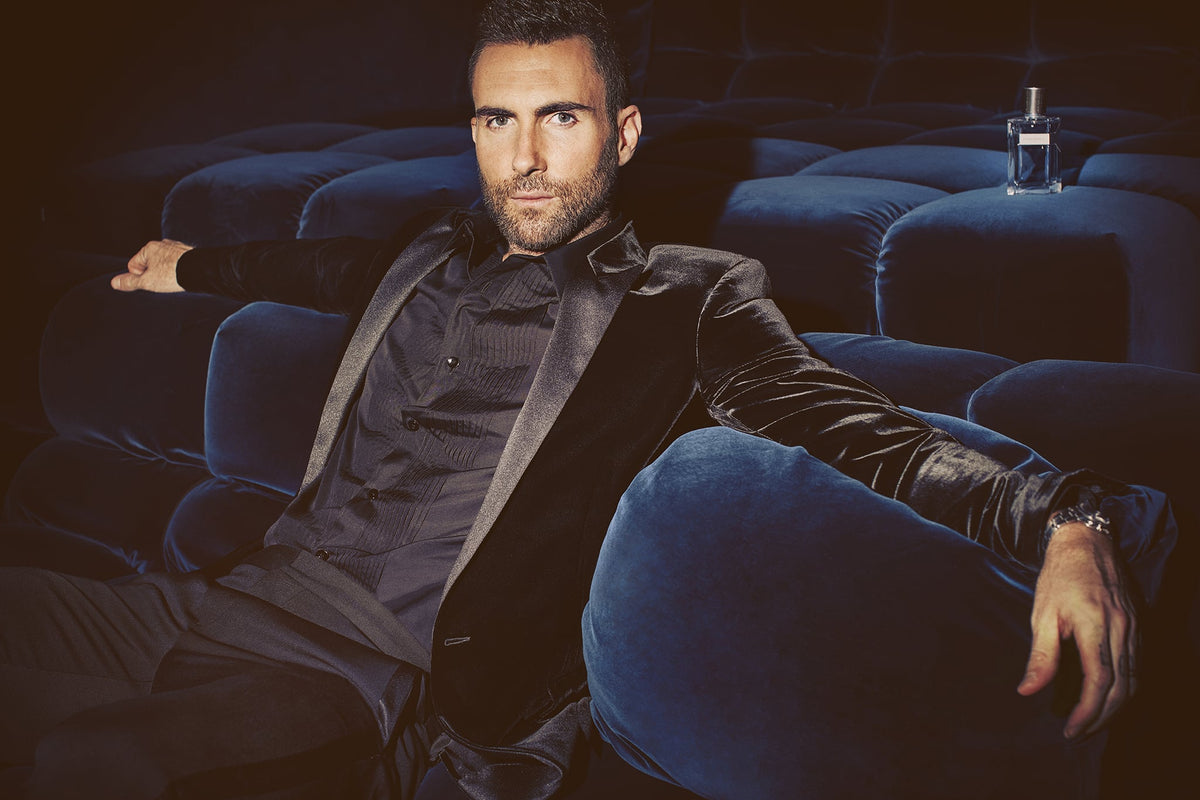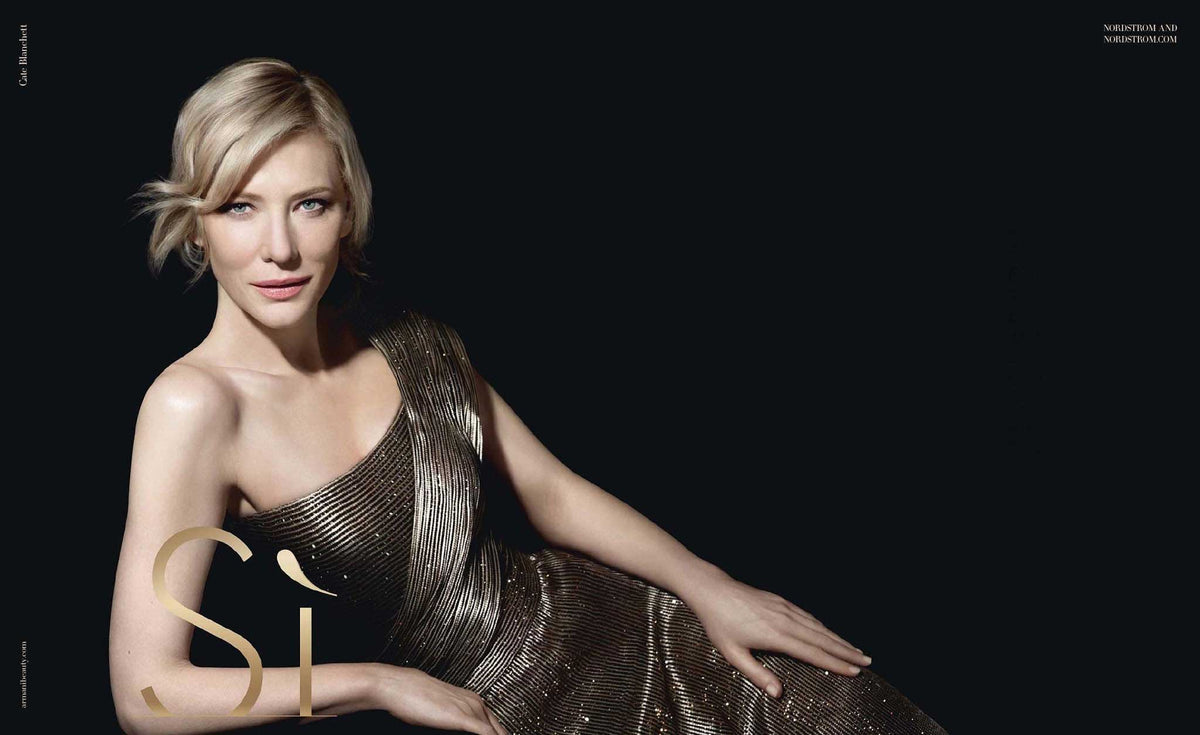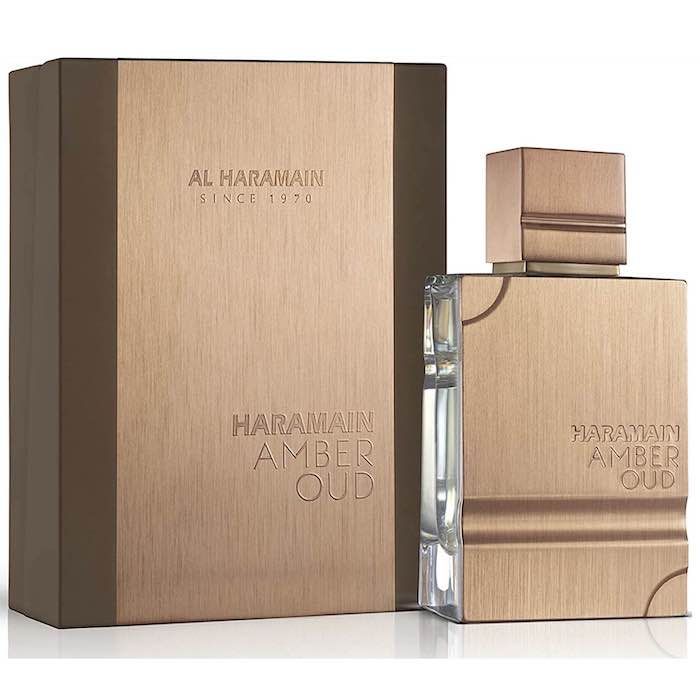French perfumes are more than just fragrances—they are cultural icons that have shaped the global perfume industry for centuries. From timeless elegance to groundbreaking innovation, French perfume houses have set the gold standard for what it means to create a scent that endures. Today, we’ll explore the legendary French perfume houses that not only defined luxury but also transformed how we think about fragrance.
The Birthplace of Modern Perfumery
France, particularly the town of Grasse, is often referred to as the birthplace of modern perfumery. With its rolling lavender fields, jasmine harvests, and rose cultivation, Grasse became the center of raw material production for perfumes. This foundation gave French perfume houses the resources and craftsmanship to innovate and dominate the fragrance world.
Guerlain – The House of Timeless Elegance
Founded in 1828, Guerlain is one of the oldest perfume houses in the world. Known for creating some of the most iconic scents in history, such as Shalimar and Mitsouko, Guerlain mastered the balance between tradition and innovation. With the use of synthetic notes combined with natural ingredients, they were among the first to modernize perfume composition. Guerlain fragrances are synonymous with sensuality, elegance, and French sophistication.
Chanel – Redefining Feminine Power Through Scent
No list of French perfume houses is complete without Chanel. In 1921, Chanel No. 5 broke every rule in perfumery by introducing an abstract blend of aldehydes that revolutionized women’s fragrances. Chanel’s approach was not just about smell—it was about attitude. Chanel perfumes became symbols of independence, empowerment, and timeless luxury. To this day, No. 5 remains one of the best-selling perfumes in history.
Dior – A Symphony of Luxury and Modern Glamour
Founded in 1947, Christian Dior entered the fragrance world with Miss Dior, a scent designed to embody the optimism and femininity of post-war Europe. Dior continued to push boundaries with iconic creations like J’Adore and Sauvage, fragrances that combined luxury with mass appeal. Dior represents a perfect marriage of classic French style with modern marketing brilliance, influencing how luxury perfumes are branded globally.
Yves Saint Laurent – Bold, Provocative, and Visionary
Yves Saint Laurent brought a daring edge to the perfume world. With creations like Opium, YSL challenged societal norms and created controversy that only fueled the perfume’s popularity. YSL perfumes are often described as bold, sensual, and rebellious, aligning perfectly with the fashion house’s avant-garde image. Their contribution lies in making perfume not just a luxury accessory, but also a statement of personality and freedom.
Hermès – The Art of Refinement
Known for craftsmanship and luxury leather goods, Hermès translated its meticulous artistry into the perfume world. Hermès fragrances like Terre d’Hermès and Twilly d’Hermès showcase an understated elegance rooted in natural accords. The house has carved a niche for producing perfumes that are refined, minimalist, and timeless—perfectly embodying the Hermès lifestyle.
Lancôme – Where Beauty Meets Fragrance
While often recognized for its beauty and skincare products, Lancôme has also made a lasting mark on perfumery. With scents like La Vie Est Belle, Lancôme proved that French perfume houses could seamlessly merge cosmetics and fragrance industries. Their success lies in accessibility: offering luxury fragrances that are both approachable and aspirational, loved by women worldwide.
Givenchy – Blending Haute Couture and Perfume
Founded by Hubert de Givenchy, this house epitomizes French glamour and elegance. Perfumes like L’Interdit, originally created for Audrey Hepburn, highlight the brand’s deep connection to fashion and cinema. Givenchy seamlessly connects haute couture with fragrance, making every scent feel like a piece of wearable fashion.
The Influence Beyond France
French perfume houses didn’t just dominate Europe—they set the global template for perfumery. The use of luxury branding, storytelling, and high-quality ingredients became the industry standard. Moreover, French perfumers inspired countless international brands to follow in their footsteps, ensuring that French perfume remains the reference point for quality and artistry.
What Makes French Perfume Houses Unique?
-
Heritage & Legacy – Many of these houses are centuries old, with deep cultural roots.
-
Innovation in Composition – They pioneered synthetic notes and groundbreaking blends.
-
Luxury Branding – From bottle design to advertising campaigns, French perfumes are works of art.
-
Emotional Storytelling – French perfumes are marketed not just as scents but as experiences and lifestyles.
Final Thoughts
French perfume houses are more than just creators of fragrances—they are cultural architects that have shaped fashion, beauty, and lifestyle. From Guerlain’s timeless elegance to Chanel’s revolutionary spirit, these maisons have changed the way we view scent. Their legacy is not only about luxury but also about innovation, artistry, and the enduring magic of French perfumery.





0 comments